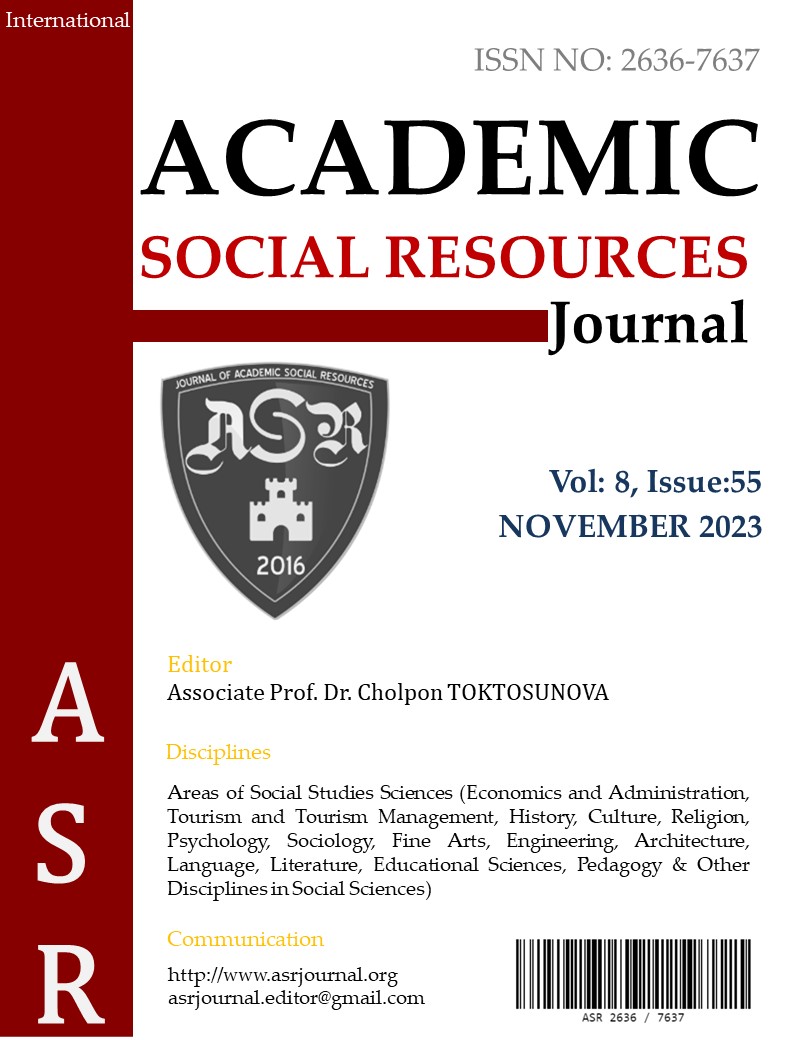Author :
Abstract
Ceza muhakemesi hukukunda tanık beyanlarının değerlendirilmesi mahkemenin vereceği karar üzerinde oldukça etkili olduğundan maddî gerçeğe ulaşma bağlamında tanık beyanlarının doğru ve gerçeğe uygun olması önemlidir. Tanık beyanları, ceza muhakemesi sürecinde önem taşıyan bir delil türüdür. Tanık beyanları, maddî gerçeği bulma amacının yerine getirilmesine yardımcı olur ve adaletin sağlanmasına katkıda bulunur. Bu bağlamda, tanık beyanlarının doğru ve güvenilir olması adil bir yargılamanın teminatıdır. Adlî mekanizmanın işleyişini engellemek amacıyla yalan tanıklık yapmak hem hakkında yalan tanıklık yapılan kişileri hem de toplumu oluşturan herkesi etkileyebilecek sonuçlar doğurur. Bir delilin gerçeğe aykırı olması, muhakeme sonucunda ulaşılan sonucun maddî gerçeğe aykırı olması anlamına gelecektir. Maddî gerçeğe aykırı kararlar vermek ise toplumda adalete olan güvenin azalmasına sebep olacaktır. İşte tüm bu sebeplerle, kanun koyucu, 5237 sayılı Türk Ceza Kanunu’nun “Millete ve Devlete Karşı Suçlar” başlığı altında “Adliyeye Karşı Suçlar” bölümünün 272. maddesinde yalan tanıklık suçunu düzenleyerek yalnız mahkeme huzurunda değil, aynı zamanda tanık dinlemeye yetkili kişi ve kurullar önünde de verilen gerçeğe aykırı beyanları suç kapsamına almış ve yalan tanıklık suçunun işlenmesini engellemeye çalışmıştır. Bu çalışmada, ceza muhakemesinde delil kavramı ve tanık beyanının delil türleri arasındaki yeri, kimlerin tanıklık yapabileceği, tanık beyanının delil değeri, yalan tanık beyanının ne anlama geldiği açıklanarak TCK’nın suç inceleme sistematiğine uygun olarak yalan tanıklık suçu incelenecektir.
Keywords
Abstract
Since the evaluation of witness statements in criminal procedure law is very effective on the decision of the court, it is important that witness statements are accurate and truthful in the context of reaching the material truth. Witness statements are an important type of evidence in the criminal procedure. Witness statements help to fulfill the purpose of finding the material truth and contribute to the provision of justice. In this context, the accuracy and reliability of witness statements is a guarantee of a fair trial. Giving false testimony in order to prevent the functioning of the judicial mechanism has consequences that may affect both the people against whom false testimony is given and all members of society. The untruthfulness of an evidence will mean that the result of the judgment will be contrary to the material truth. Making decisions contrary to the material truth will lead to a decrease in the trust in justice in the society. For all these reasons, the legislator, by regulating the crime of perjury in Article 272 of the "Crimes Against the Judiciary" section under the heading of "Crimes Against the Nation and the State" of the Turkish Criminal Code No. 5237, has criminalized the untrue statements made not only before the court, but also before the persons and committees authorized to hear witnesses, and tried to prevent the perpetration of the crime of perjury. In this study, the concept of evidence in criminal procedure and the place of witness testimony among the types of evidence, who can testify, the evidential value of witness testimony, the meaning of false witness testimony will be explained and the crime of perjury will be examined in accordance with the crime investigation systematic of the TCC.





